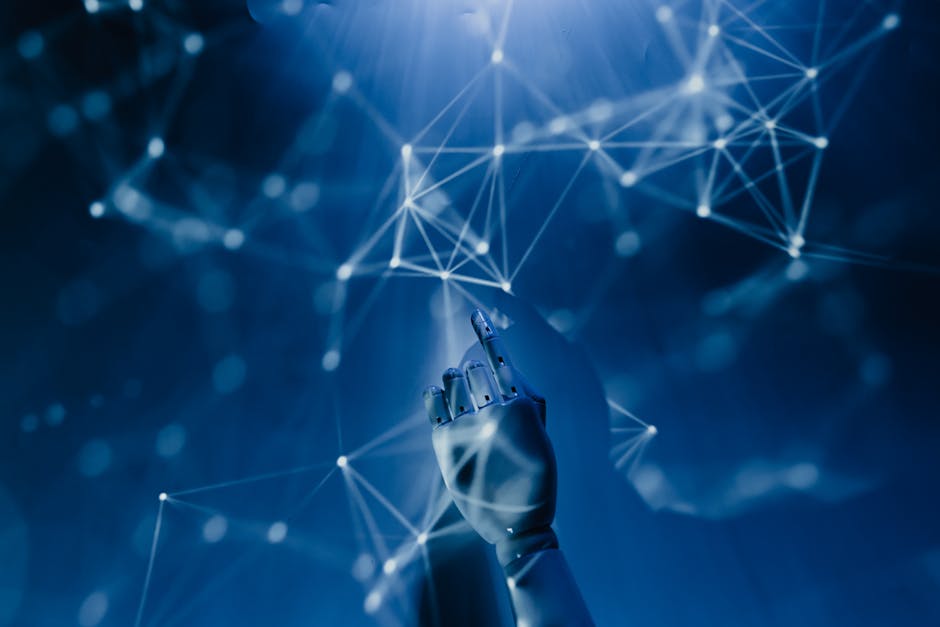
Understanding Liability in AI Actions
Introduction
As artificial intelligence (AI) continues to advance and integrate into various aspects of our lives, questions around liability in AI actions become increasingly relevant. Determining who is responsible when an AI system causes harm is a complex issue that combines technology, law, and ethics.
Legal Challenges of AI Liability
Unlike traditional products, AI systems can learn, adapt, and operate independently. This raises questions such as who is responsible for AI decisions? Are the developers, users, or the AI itself liable? Current legal frameworks often fall short in addressing these scenarios.
Existing Frameworks and Approaches
Some jurisdictions are exploring new laws that assign liability based on developer responsibility or the actual use of AI systems. Others advocate for a tailored approach that considers the context, degree of autonomy, and foreseeable risks.
Future Implications and Ethical Considerations
As AI systems become more autonomous, the ethical implications surrounding liability will grow. Developers and policymakers must collaborate to establish standards ensuring accountability, transparency, and protection for users and affected parties.
Conclusion
Understanding liability in AI actions is essential for creating a responsible AI ecosystem. As technology evolves, so must our legal and ethical frameworks to ensure fair accountability and trustworthiness in AI-driven decisions.
